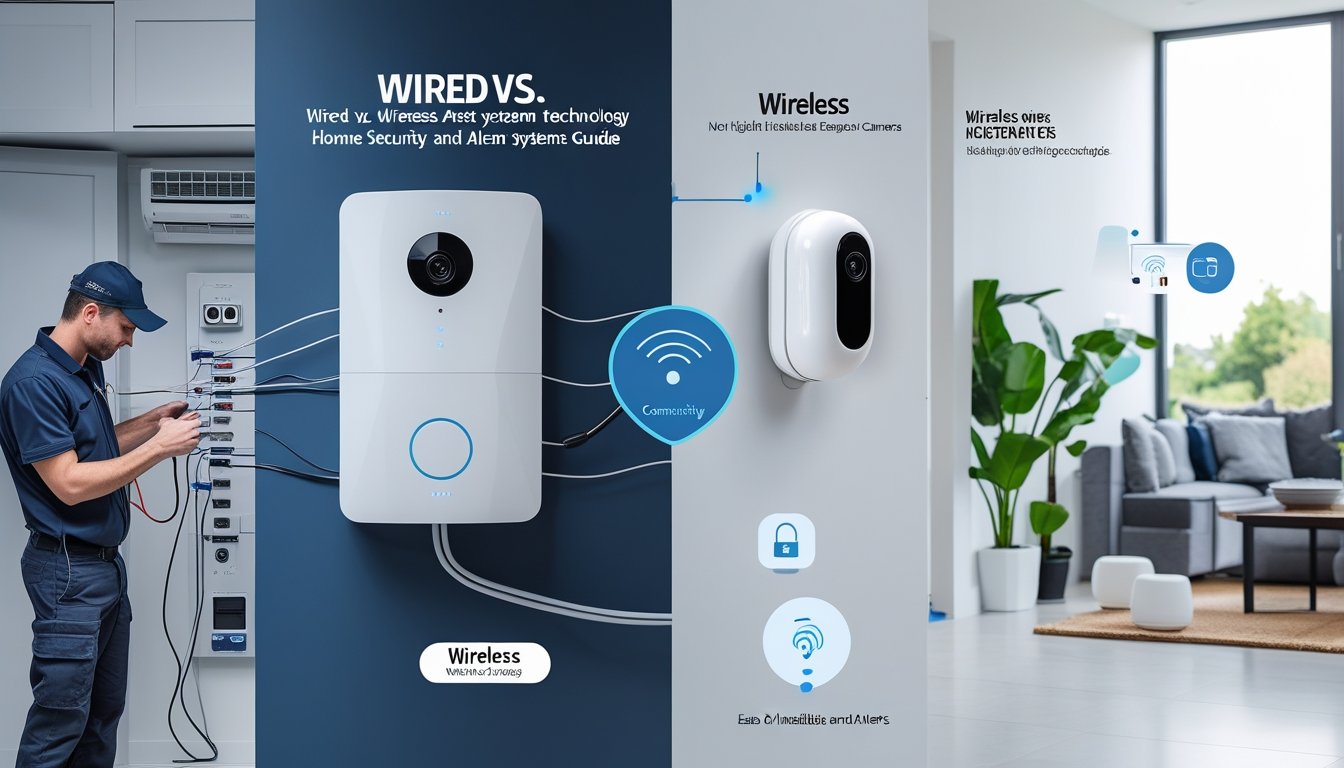In 2020, 28% of all data breach reports came from small businesses, according to the Verizon Business 2020 Data Breach Investigations Report.
Data breach has been a decade-long problem, so the report does not come as a surprise. Unlike physical spaces where company folders, documents, and files can be protected behind closed doors, cyberattacks can happen from any direction or, more accurately, from any hacker.
The 2018 Insurance Bee survey reports that despite the threat of data breaches, 54% of small and midsize business (SMB)owners have no plan to address cyberattacks, and 83% of the respondents have no funds set aside for dealing with cyberattacks.
What’s the big deal?
Why should SMB owners be concerned? Based on survey research by Inc. in 2018, 60% of businesses that experience data breaches close within six months.
Additionally, $7.68 million was the average cost of insider-related cyber incidents for SMBs, according to IBM and the Ponemon Institute's The Cost of Insider Threats Global Report 2020.
Customers remain loyal to the companies that they trust. Although data breaches can be resolved with emergency plans and financial resources, bringing back customers' loyalty after data leaks will be harder.
Based on a 2019 Salesforce research, 65% of customers have stopped buying from companies that did something distrustful.
If you are clueless about protecting your business's data, here are eight things you can start doing.
1.Start offline: Train your employees.
As a business owner interested in protecting your data, you benefit your company by taking this issue seriously. After learning more about handling your company data, you need to educate your employees on how they should do their part in protecting it.
Ransomware is the most common malware threat, with 85% of employees falling victim to it, according to the 2019 Datto's Global State of the Channel Ransomware Report. Educating your employees on how to handle data will save you money and time from external attacks.
Your employees need to know how to handle customer data, store them, and learn who has access to them. This includes how company emails are sent and received and who sees sensitive information.
2.Limit and distribute access across your organization.
Have an inventory of all devices that have access to your company's data and their locations. Ideally, your data storage should only be located within your office premises.
Include the access levels of all employees in your inventory. At the onset, it might only be you being the business owner; as your business grows, you might need to give access to more employees.
It would be advantageous to have IT support to help you safeguard your digital data and regulate the access levels. When a data breach does happen, they can help you quickly track down how the breach happened and what to do next.
3.Create data privacy terms and conditions.
The threat to data privacy will always be there. Customers and employees who entrust their personal information to your business need to know how you store their data.
Having proper data privacy terms and conditions increases the legitimacy of your promise to handle customers’ data in a professional manner.
Comply with guidelines from data privacy legislative regulations.
Aligning your data privacy terms and conditions to state regulations will not only increase trust from your consumers but will also ensure that you follow protocols to safeguard your business data.
The regulations differ in various countries, but you can look at the European Union's General Data Protection Regulation (GDPR) and California Consumer Privacy Act (CCPA).They are two of the widely-used legislation regulations as the basis for data privacy.
4.Strengthen your digital security: Inputted data.
Familiarize yourself with what data your business needs. You might need less data than what you collect. For example, you might be collecting the two contact methods (e.g., email and contact number) per customer when only one (e.g., email) will suffice.
The idea here is that the less data you collect, the fewer things you have to worry about.
Also, you can instruct your employees to use company email for business matters only. If possible, only allow your employees to access one computer when sending and receiving emails. This restriction will limit the possibilities of a data breach or internal data leak.
Use longer passwords or multi-factor authentication security.
Longer passwords with special characters and numbers strengthen the security for the point of entry of your data. Ideally, passwords should have at least eight characters, but 12-15 characters are long enough for solid protection.
Multi-factor authentication security, usually a two-factor authentication, uses more than one verification for access, and its use limits access to your company's data. A password and a biometric are usually used with this feature.
5.Strengthen your digital security: Settings and Software.
This preventive measure is the part where you might need help from an IT expert. If you are not familiar with the concepts of firewall protection, internet security, anti-virus, and data encryption, then they would be a good investment to keep your security settings updated.
These settings will keep your data safe from behind the scenes and automate restrictions for you and your employees.
6.Make backup(s) of your files.
You can refer to your inventory to know how much storage you will need for backup. A backup is important not only in cases of a data breach but also for other computer-related problems. It will prevent downtime damage and allow for simultaneous work during repairs.
You can opt for a cloud services subscription or external hard drives to store your recent data. There is no hard-and-fast rule on how often you should update it, but keeping it synchronized with real-time data entry will maintain your business's productivity.
7.Have protocols or guidelines for mobile access.
Although allowing mobile or remote access increases convenience, it also increases risk. For example, access through public servers, usually found in coffee shops or airports, make devices susceptible to a data breach.
Using VPN on public servers will disorient hackers from accessing devices connected to public servers. It would also be helpful to limit the access level to all employees outside their work computers to limit the possibility of data leaking.
8.Have an emergency plan.
Understand that despite being very cautious, starting with data security still puts you up against veteran hackers. If any data breach happens, it would be better to have an emergency plan at hand. Having financial resources for such emergencies helps.
An emergency plan will help you deal with these matters while simultaneously reassuring your employees and customers of their data security. A data breach takes months to recover from, so an emergency plan speeds it up.
Data protection may add to the pile of concerns a business owner has to take care of. However, proper data handling and storage allows your business to maximize gains and establish trust.
.svg)


.svg)


.svg)



